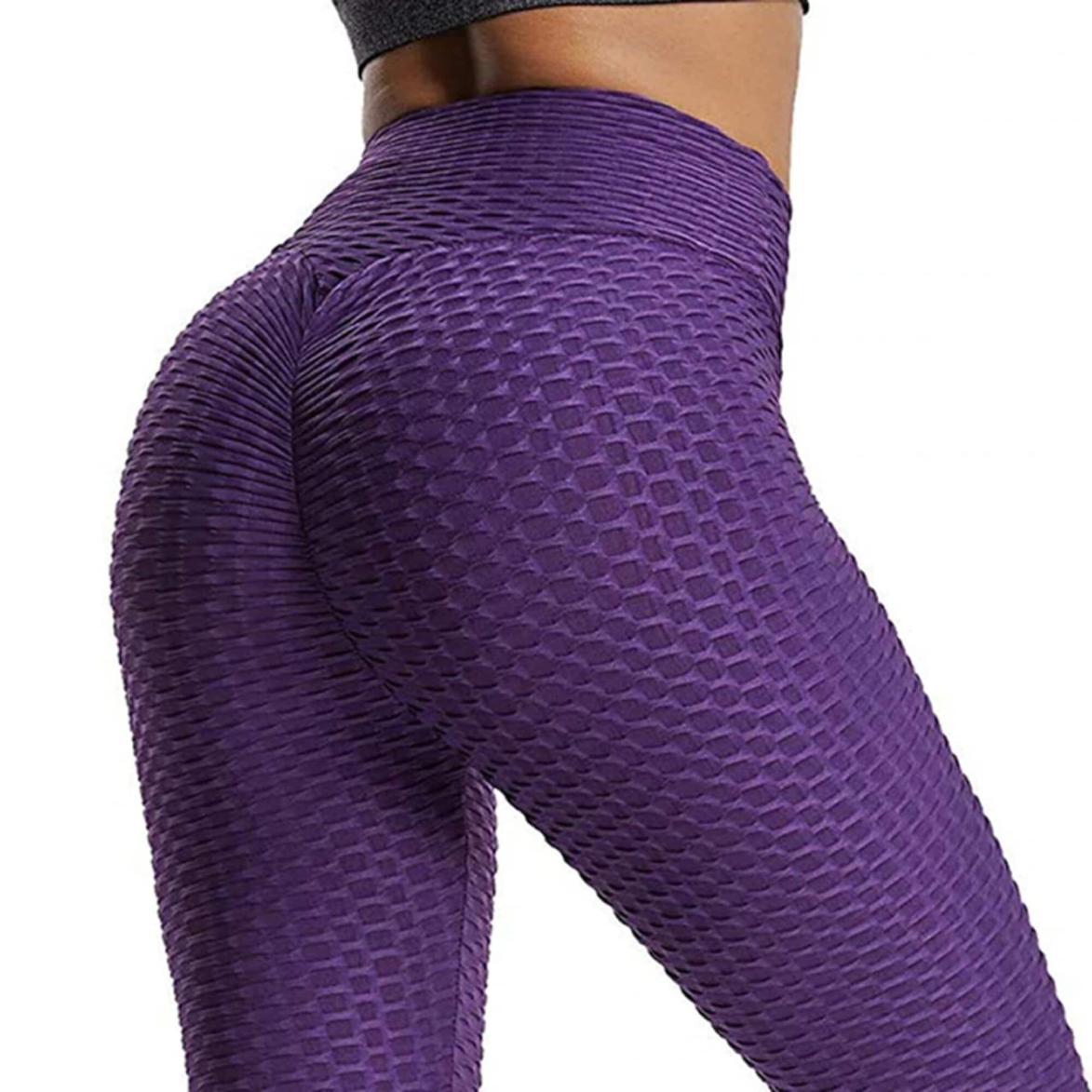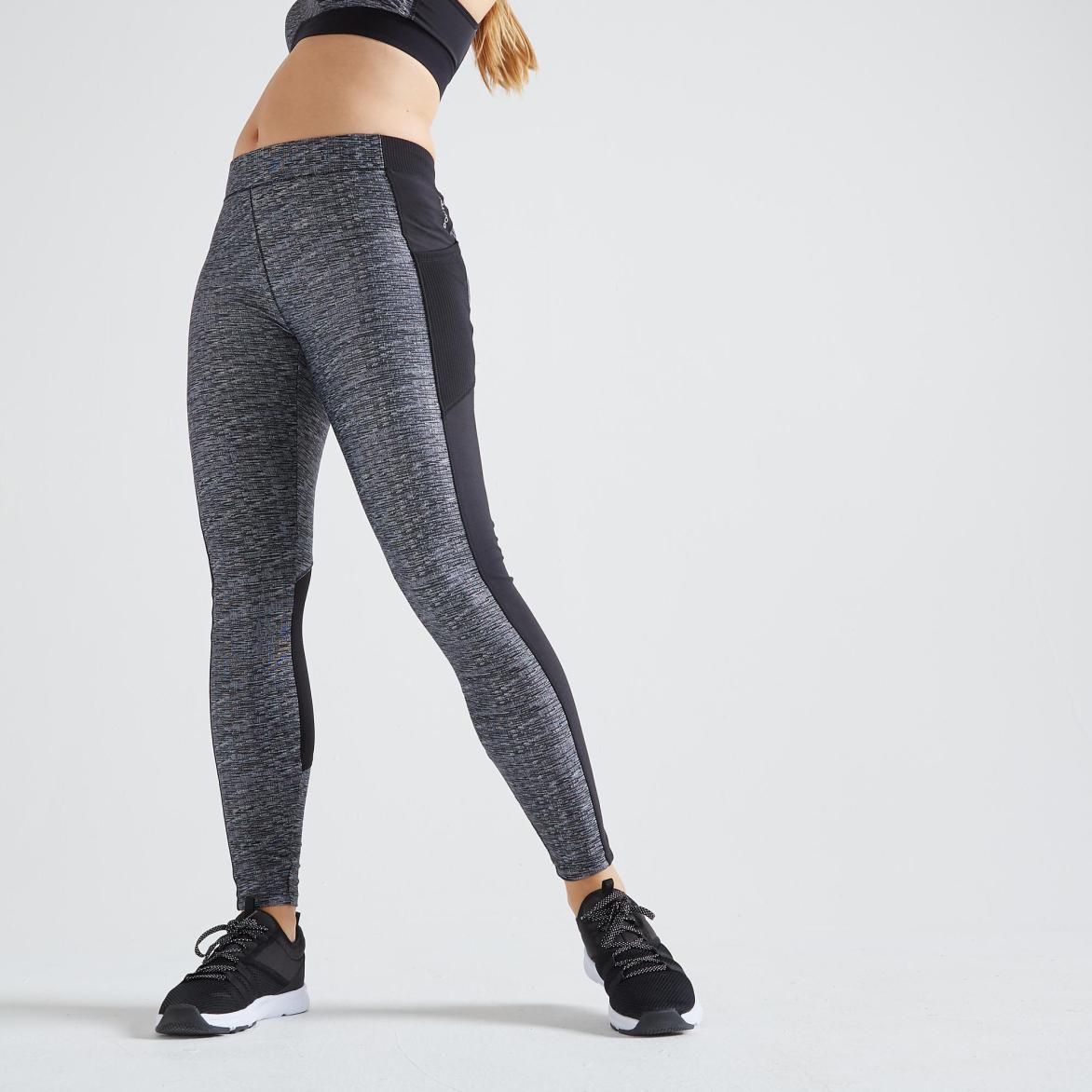Sustainable Style: Exploring Eco-Friendly and Ethical Options in Fitness Leggings
The fitness industry has witnessed a growing demand for sustainable and ethical fashion. Consumers are becoming increasingly aware of the negative environmental and social impacts of conventional clothing production, and they are seeking out brands that prioritize sustainability and ethical practices. This article delves into the importance of eco-friendly and ethical options in fitness leggings, highlighting the environmental impact of conventional leggings, sustainable materials used in eco-friendly leggings, ethical considerations in production, brands leading the way in sustainability, and tips for consumers to make informed choices.

Environmental Impact Of Conventional Fitness Leggings
Conventional fitness leggings often rely on synthetic materials like polyester and nylon, which are derived from fossil fuels. The production of these materials is energy-intensive and releases harmful chemicals into the environment. Additionally, the dyeing and finishing processes used in conventional leggings can pollute water sources. the manufacturing of conventional leggings contributes to greenhouse gas emissions, exacerbating climate change.
Sustainable Materials For Fitness Leggings
Eco-friendly fitness leggings utilize sustainable materials that minimize environmental impact. These materials include:
- Organic cotton: Grown without the use of pesticides and fertilizers, organic cotton has a lower environmental footprint compared to conventional cotton.
- Recycled polyester: Made from recycled plastic bottles, recycled polyester reduces the demand for virgin polyester and helps divert plastic waste from landfills and oceans.
- Bamboo viscose: Derived from bamboo pulp, bamboo viscose is a biodegradable and renewable material that requires less water and pesticides to grow compared to cotton.
- Hemp: A durable and sustainable fiber, hemp is naturally resistant to pests and diseases, requiring minimal pesticides and herbicides.
- Tencel: Made from sustainably sourced wood pulp, Tencel is a biodegradable and compostable material that is gentle on the skin and moisture-wicking.

These sustainable materials offer comparable performance to conventional materials while significantly reducing the environmental impact of fitness leggings production.
Ethical Considerations In Fitness Leggings Production
The production of conventional fitness leggings often involves ethical concerns, including labor exploitation in factories, poor working conditions, and a lack of transparency in supply chains. Workers in garment factories often face low wages, long hours, and unsafe working conditions. Additionally, the sourcing of materials and manufacturing processes may lack transparency, making it difficult for consumers to know where their leggings are made and under what conditions.
Ethical fitness leggings brands prioritize fair trade and ethical sourcing practices. They ensure that workers are treated fairly, paid living wages, and work in safe and healthy conditions. These brands also strive for transparency in their supply chains, allowing consumers to trace the journey of their leggings from raw materials to the finished product.
Brands Leading The Way In Sustainable And Ethical Fitness Leggings
Several brands are committed to sustainability and ethical practices in their fitness leggings production. These brands include:
- Patagonia: Known for its commitment to environmental responsibility, Patagonia offers a range of sustainable fitness leggings made from recycled materials and organic cotton.
- Lululemon: Lululemon has made significant strides in sustainability, using recycled materials and implementing ethical sourcing practices in its fitness leggings production.
- Athleta: Athleta is dedicated to sustainability and ethical manufacturing, offering fitness leggings made from sustainable materials and produced in fair trade factories.
- prAna: prAna is a leader in sustainable outdoor apparel, and its fitness leggings are made from organic cotton, recycled polyester, and Tencel.
- Outdoor Voices: Outdoor Voices prioritizes sustainability and ethical practices, using recycled materials and partnering with ethical factories to produce its fitness leggings.
These brands provide consumers with high-quality fitness leggings that align with their values of sustainability and ethical fashion.
How To Choose Sustainable And Ethical Fitness Leggings
Consumers can make informed choices when purchasing fitness leggings by considering the following:
- Look for certifications: Certifications like Fairtrade, GOTS (Global Organic Textile Standard), or B Corp indicate that a brand meets certain sustainability and ethical standards.
- Read product labels and descriptions: Pay attention to the materials used and the manufacturing practices employed. Look for information on recycled materials, organic fibers, and ethical sourcing.
- Support brands that are transparent: Choose brands that are transparent about their supply chains and manufacturing processes. This allows you to make informed decisions about the products you purchase.
- Consider the longevity and durability of the leggings: Invest in well-made leggings that will last longer, reducing the need for frequent replacements and minimizing waste.
By making informed choices, consumers can support brands that prioritize sustainability and ethical practices, driving positive change in the fitness industry.
Sustainable and ethical fitness leggings offer a responsible alternative to conventional leggings, minimizing environmental impact and supporting fair labor practices. By choosing eco-friendly materials, ethical brands, and durable products, consumers can make a positive contribution to the environment and the lives of workers involved in the production of their fitness apparel.
YesNo

Leave a Reply